Round Table Discussion: Advancing Education in Israel through Policy Research

The primary aim of this round table is to help the education sector develop a clear research and practical focus. Discussions will center on key topics, including mapping policy needs in Israeli education, defining “public education,” leveraging data to support evidence-based policymaking, and designing a shared core curriculum that bridges all societal sectors. This collaborative effort seeks to foster actionable insights and drive meaningful progress in shaping Israel’s educational future.
Teaching Programs for Healthy Nutrition in the Education System: Examples, Characteristics and Insights from Israel and the World
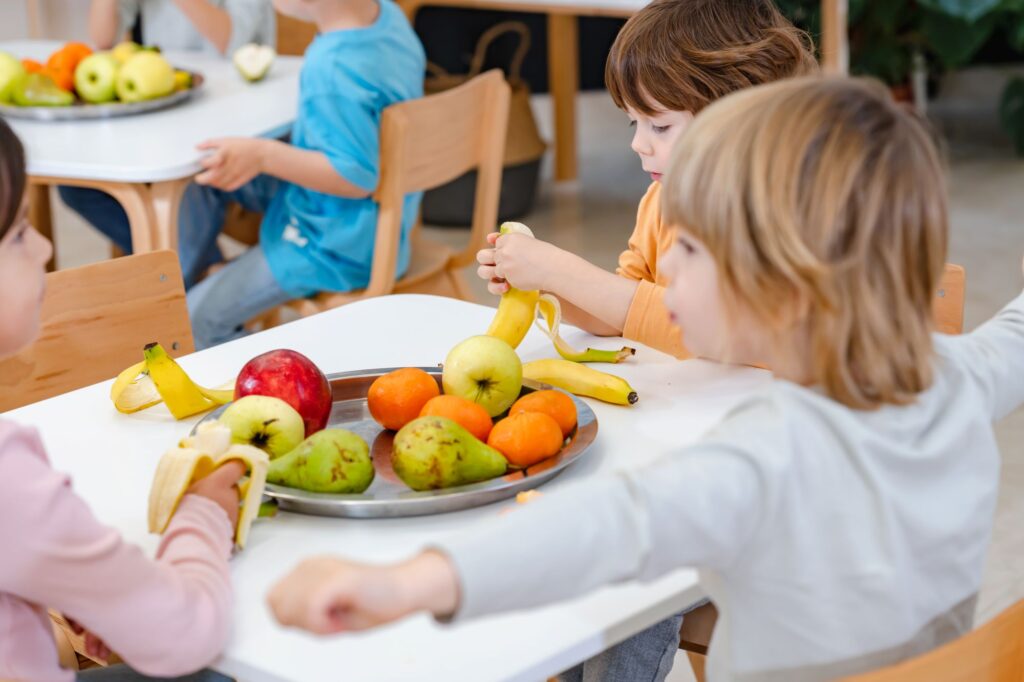
This project presents examples and characteristics of various programs for teaching healthy nutrition in the education system, together with insights emerging from evaluation studies.
Healthy nutrition programs and health promoting schools are part of the current and past efforts to provide nutrition education in Israeli schools. This review may provide additional knowledge and insights that can assist in further developing programs for the Israeli education system.
Assessment of “Digital Health / eHealth Literacy” Among Medical School Graduates in Israel

This study aims to assess the levels of “Digital Health / eHealth Literacy” among graduates of medical schools in Israel, with a specific focus on examining the integration of digital health literacy into medical education. By evaluating the alignment between graduates’ digital health literacy, medical school curricula, and the evolving needs of the workplace, this research seeks to provide policy recommendations for enhancing digital health literacy education in medical schools.
SCHOLAR SHIELD
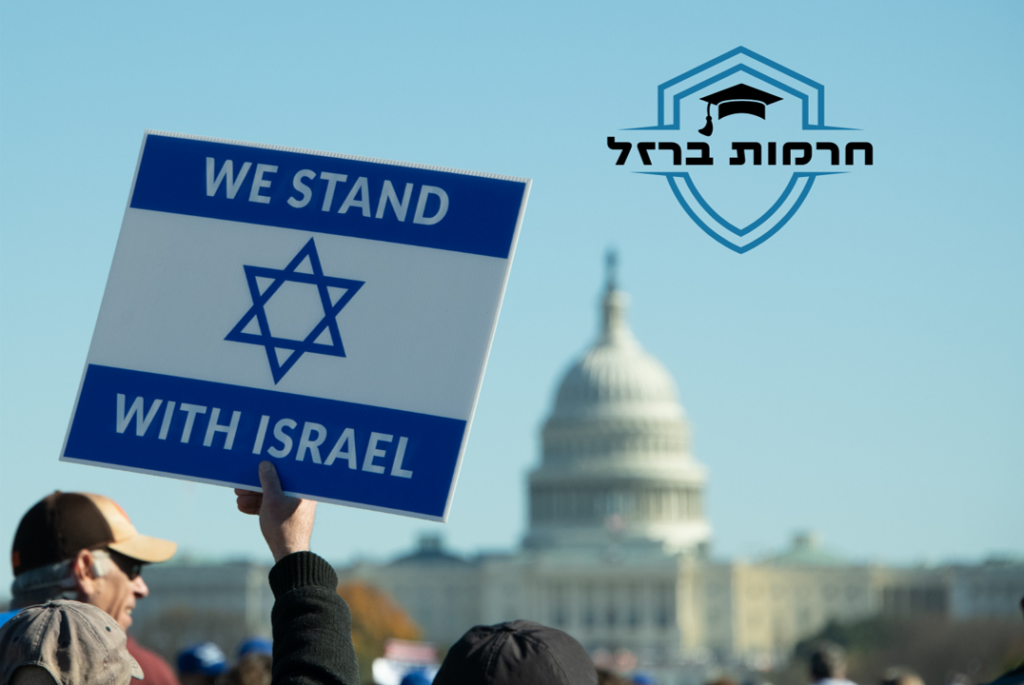
If you come across any instances of an academic boycott targeting Israelis (such as academic faculty members, post-doctoral students, or students) or academic institutions in Israel,
Please report here: https://surveys.sni.technion.ac.il/survey/index.php/893414?lang=en
National Food Security – Israel 2050
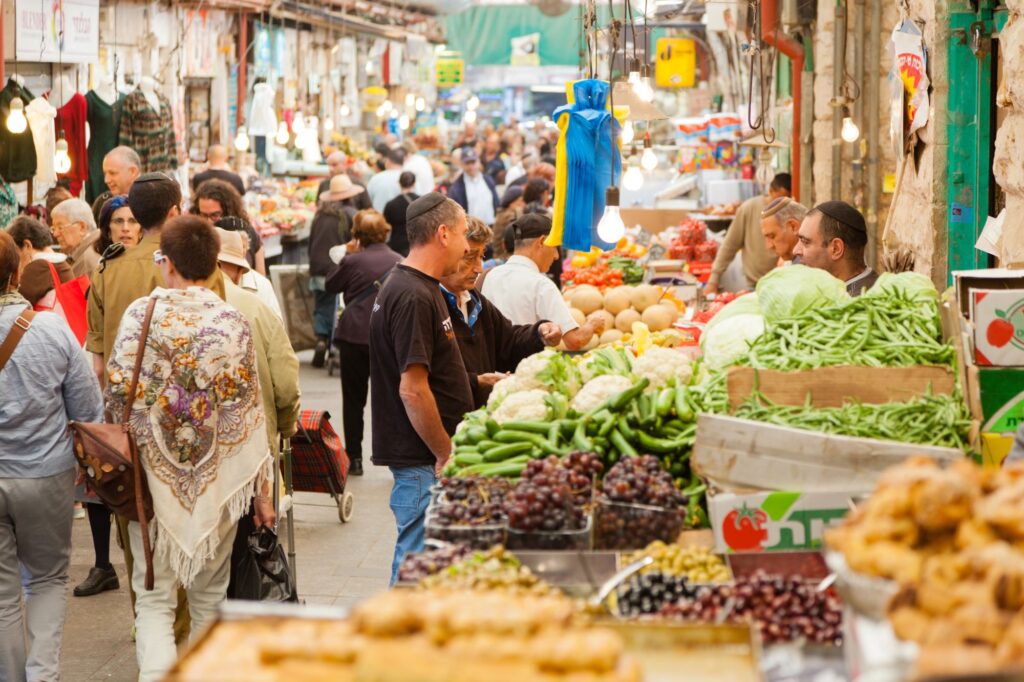
Food and water are essential national resources that fulfill crucial roles both in immediate survival and in broader nutritional security. The term refers to a situation in which individuals, households, and communities have the physical, social, and economic means to access sufficient, safe, and nutritious food that meets their dietary requirements and food preferences, enabling […]
Nature and Well־being
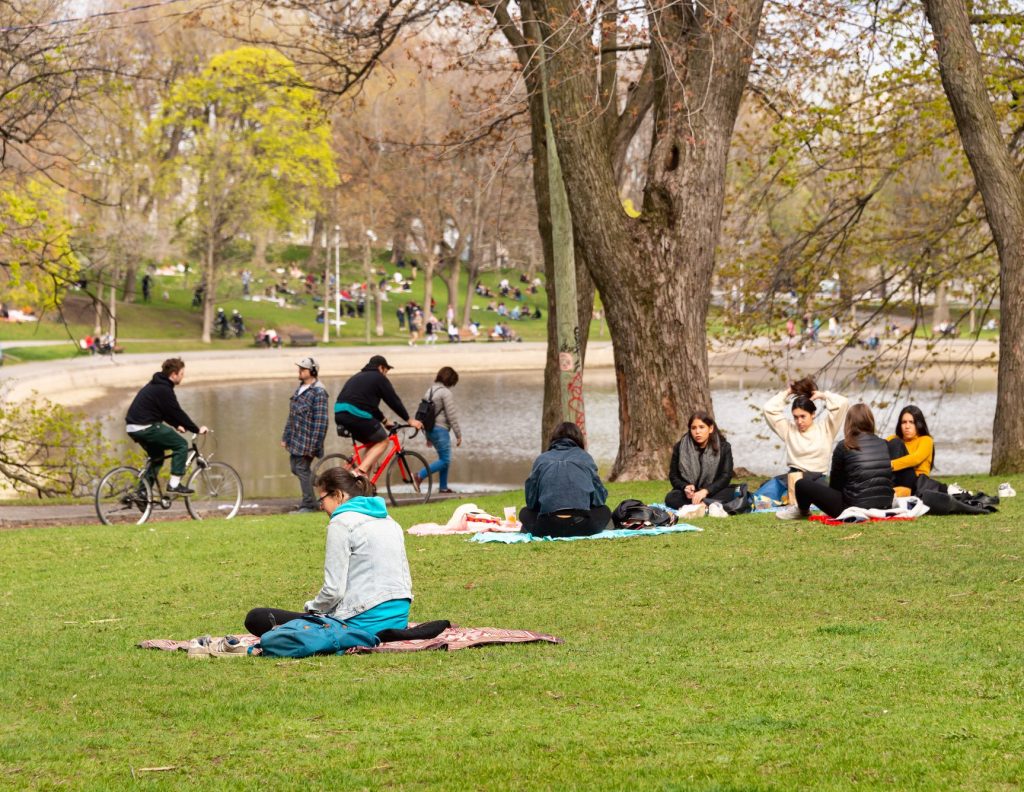
The studies of the SNI in this field examine the contribution of nature to the mental and physical health of the residents of Israel. The studies examine the beneficial effect of exposure to nature, including staying in nature outside the city, visiting urban nature sites such as parks and urban gardens, and even viewing nature through windows or simply watching nature images. The studies examine the benefits that nature affects different populations, such as ethnic sectors, gender and different ages, and provide recommendations for measures that can be taken to increase the resilience of these populations, through exposure to nature and increasing awareness of its contribution to decision makers, executive bodies, health professionals, culture and sports, and among the general population.
Home:How new technologies can help us shape homecoming policies
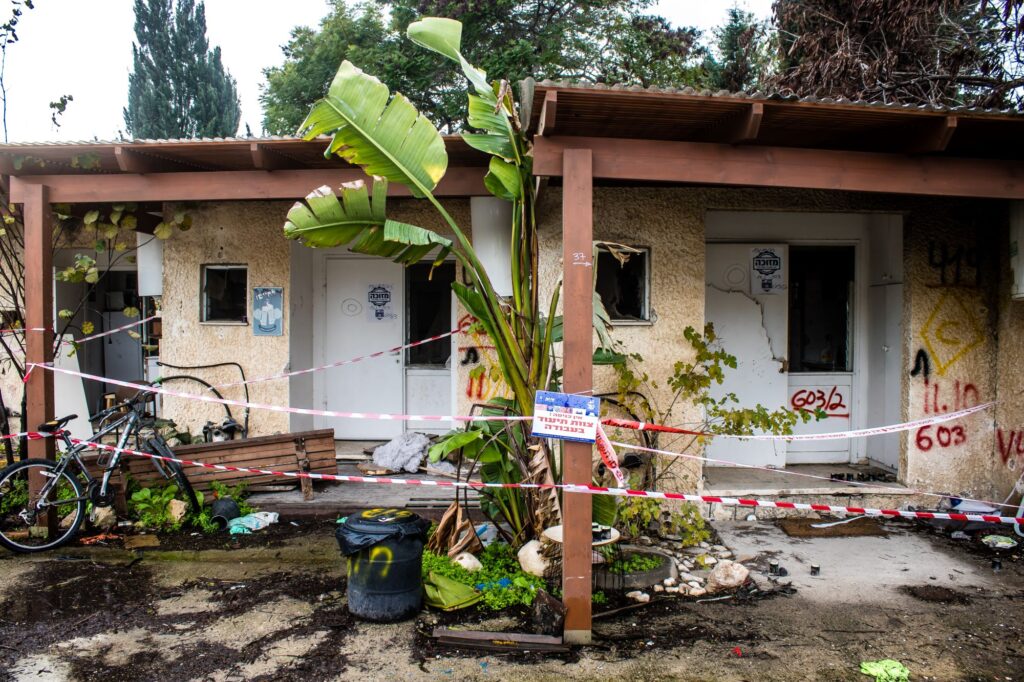
These days, tens of thousands of people in Israel officially or unofficially evacuated their homes. The evacuation raises many challenges associated with the disconnection of people and communities from their homes.
Why are the Property Rights of Israel’s Kibbutzim and Cooperative Villages Still Tantamount to Vassals?
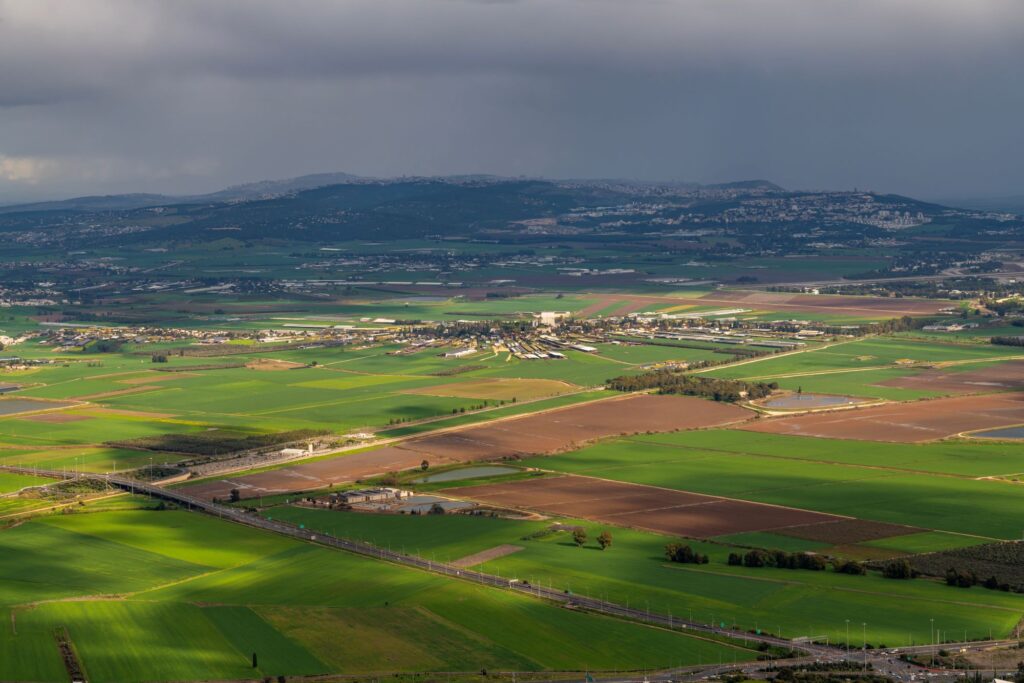
Many of the victims of the massacre by Hamas on Oct. 7 were members of the communal (kibbutzim) and cooperative (moshavim) villages located next to the barrier from Gaza. An unexposed fact is that their land and housing rights and thus their household capital – even after several generations – are worse than under feudal landlords. This holds for such village across Israel. Our socio-legal-empirical research seeks to raise the veil from this archaic and unjust public policy which has become entrenched and blind. Without extensive legal and policy rethinking, the survivors returning to the villages after reconstruction will still have to live under a quasi-feudal land regime.
Transportation

Samuel Neaman Institute’s publications in the field examine, among others, the environmental impacts of the various means of transportation and the policy required to reduce them, the benefits and barriers to integrating oil substitutes in the transportation sector, including, electric transportation, waste-based and bio-ethanol fuel substitutes, and the economic benefits of transportation projects such as road tunneling and more.
Natural Gas and Oil

Samuel Neaman Institute’s studies in this field address all aspects of the use of fossil fuels and also include a number of studies carried out for the Ministry of Environmental Protection and the Ministry of Energy to examine the environmental impacts of natural gas as a source of fuels for transportation.
